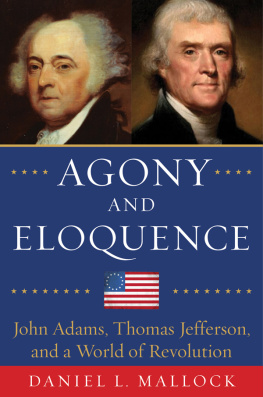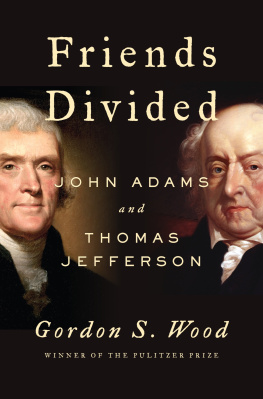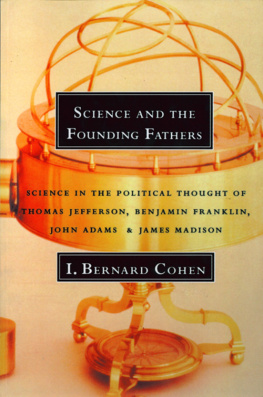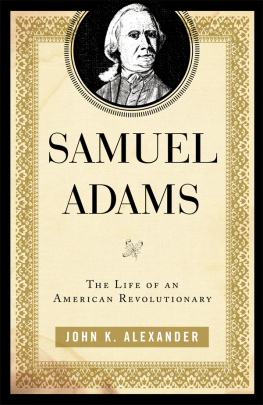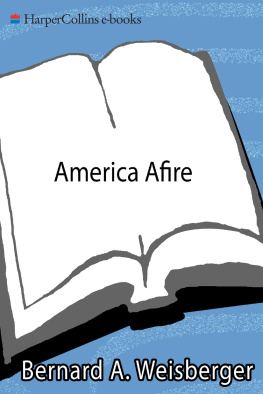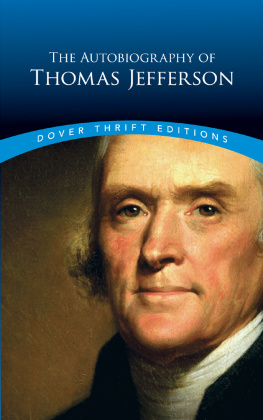Copyright 2016 by Daniel L. Mallock
All rights reserved. No part of this book may be reproduced in any manner without the express written consent of the publisher, except in the case of brief excerpts in critical reviews or articles. All inquiries should be addressed to Skyhorse Publishing, 307 West 36th Street, 11th Floor, New York, NY 10018.
Skyhorse Publishing books may be purchased in bulk at special discounts for sales promotion, corporate gifts, fund-raising, or educational purposes. Special editions can also be created to specifications. For details, contact the Special Sales Department, Skyhorse Publishing, 307 West 36th Street, 11th Floor, New York, NY 10018 or .
Skyhorse and Skyhorse Publishing are registered trademarks of Skyhorse Publishing, Inc., a Delaware corporation.
Visit our website at www.skyhorsepublishing.com.
10 9 8 7 6 5 4 3 2 1
Library of Congress Cataloging-in-Publication Data is available on file.
Cover design by Jane Sheppard
Print ISBN: 978-1-63450-528-4
Ebook ISBN: 978-1-63450-832-2
Printed in the United States of America
CONTENTS
Introduction
T HOMAS JEFFERSON AND John Adams first met as members of the Continental Congress; both had signed the Declaration of Independence, and later served as diplomatic colleagues at the leading courts of Europe. Their long friendship was marked by profound mutual respect and deep personal affection until a bitter breach separated them during Adamss presidency.
When the French Revolution erupted in 1789, Adams and Jefferson, after a brief shared enthusiasm, found themselves on opposite sides. Jefferson wholeheartedly supported the Revolutionregardless of the horrific crimes that its supporters and leaders committedwhile Adams came to despise it and accurately predicted its ultimate collapse. Their stridently differing views about the Revolution in France, American relations with the new French Republic, and regarding fundamental matters of government finally destroyed their friendship. Only the tireless efforts of a mutual friend and fellow signer of the Declaration could repair it after ten years of silence.
As different in their views and personalities as one might expect a Massachusetts Puritan would be from a son of the wealthy landed New World Virginia gentry, Adams and Jefferson were first drawn together by their love of liberty and desires for American independence. They shared an adoration of learning and the attainment of knowledge. Both appreciated the others great depth and complexity of character. Their friendship was founded upon mutual appreciation and shared personal and public aspirations.
Both men significantly influenced events and national policy. Their political rivalry became the great contest for the future course of the country; in this conflict their professional relationship was the first casualtytheir friendship soon suffered the same fate.
This American drama is documented in their extraordinary letters. The Adams-Jefferson correspondence has long been recognized as a landmark achievement in American letters, known as much for the beauty of their language as for its historical importance. Their epistolary discussions included subjects from philosophy to politics, history, literature, science, architecture, and more. They both desired that all of these letters should be published.
In his First Inaugural Address, Jefferson told the American people that without positive associationsfriendshipsliberty and even life itself are but dreary things. Jefferson publicly identified friendship as essential to the quality of life and fundamental to the proper enjoyment, and even the function, of liberty.
These two great men, friends, colleagues, and then rivals came to be seen in their time as the leaders of the opposing American political parties of the late eighteenth century. The political partisanship of that era is perhaps surpassed only by that of our own time.
Jefferson later came to agree with Adams that the eradication of political partisanship was essential to the continuing existence of the Union, and that friendships immune to the destructiveness of absolutism and party prejudice were crucial to the success and longevity of the new democracy. Long after both had left politics they became convinced that partisanship and rigid political views that left little or no room for compromise were active and perpetual threats to the future success and life of the country.
There is great drama here, internal and external enemies, wars and rumors of wars, great social and political upheavals, and then, finallyat the end of tortuous roadsa mutual realization that friendship was more important than either had previously realized.
The French Revolution, and conflicts with England and France, forms the international backdrop of the larger drama of the new American Republic struggling to retain its independence and democratic character in the face of intense internal and external pressures. It is also the story of events and people in the early years of the United States from Washingtons retirement to Adamss and Jeffersons administrations, and on into the long introspective and active years of their retirements.
Every generation has its own times that try the souls of men and women, and each prefers to make its own way unfettered by any debts to the past. The present belongs to the living; in these times that try the souls of our people, there are no bills in arrears-only a gift paid forward by two of the most important men in American history.
We owe no debt to these great men but to learn from the wisdom that they left for us.
The Best Letter That Ever Was Written
T HE BRISK , LATE autumn winds blowing inland from the Atlantic, and the bitter cold air streaming south from Canada, howled through the cracks in every structure in Quincy, Massachusetts. During that particular early morning, most citizens of the town would have been at their breakfast tables near a warm hearth trying to avoid the chill New England winds of approaching winter that, rolling in off Quincy Bay, made their windows rattle and floors and walls cold to the touch as the first meal of the day was served. So it was at Peace field, the solid and comfortable but not ostentatious home of John Adams, retired second president of the United States.
Mr. John Adams, or the president, as his grandchildren preferred to address him, was eighty-nine years old in November, 1823, unusually long-lived for a man of that or most any time. Most of his friends, and his beloved wife Abigail, had, by then, preceded him to their rewards. Adams, made of sterner stuff than even he had suspected (and sometimes perhaps likely desired) remained, and waited.
Perhaps one of his grandchildren brought the mornings mail to the elderly statesman that day. All the family assembled around the table would have recognized the now familiar handwriting on the envelope; it was from former President Thomas Jefferson, then Adamss most important correspondenthis greatest and oldest living friend. His eyes failing, Adams likely asked a favored family member to read the letter to him. Sometimes his correspondence was read to him privately but, for this important missive, Adams could not wait; it must be read aloud, now.
John Adams had rekindled his old friendship with Thomas Jefferson late in 1811 at the incessant yet creative urgings of their mutual friend and fellow signer of the Declaration of Independence, Dr. Benjamin Rush of Pennsylvania. Rush, who had died in 1813, was delighted that he had been the instrument to bring his two old friends back to one another after over a decade of silence between them. Now, at breakfast and with his extended family in his old family home, once called Stoney Fields, then Peace field, then Montezillo as a humorous homage to his greatest friends stately and famous home, Monticello, Adams must have felt some trepidation as the envelope from Jefferson was displayed at the table.

